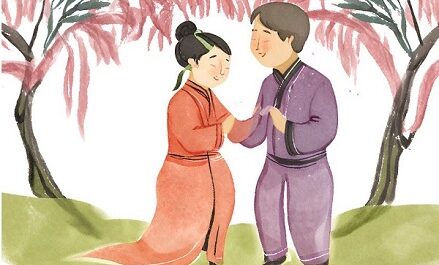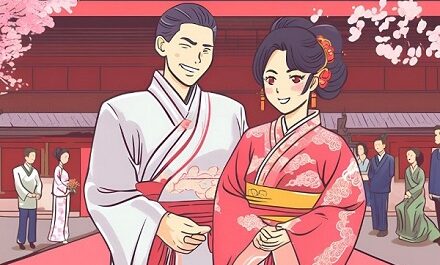Learn Chinese Idiom Name, Pinyin, English

- Idiom in Chinese-儿女情多,风云气少。
- Pinyin of Idiom– ér nǚ qíng duō,fēng yún qì shǎo.
- Idiom’s Meaning in English– This idiom describes a person who is overly preoccupied with emotions towards family and lovers, to the extent that they lack the spirit and ambition for greater things. It suggests a tendency to be overly sentimental and less focused on achieving broader goals or ambitions. Metaphorically speaking, in literary and artistic works, there is more love between men and women, and less themes of social problems.
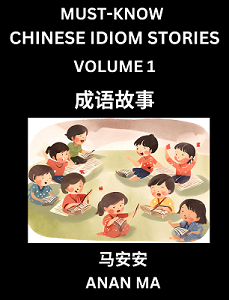
Chinese Idiom Stories Books (HSK All Levels):
- Books to Learn Chinese Idiom Stories (Part 1)
- Books to Learn Chinese Idiom Stories (Part 2)
- Books to Learn Chinese Idiom Stories (Part 3)
Learn Chinese Idiom Story in English (成语故事的英文)
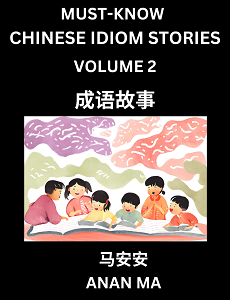
In ancient times, there was a young scholar named Li Mo. He was immensely talented in poetry and literature, but he was often troubled by his deep affection for his family and loved ones. Once, Li Mo was invited by a friend to participate in an important political reform, a rare opportunity that he knew would change his fate. However, at that moment, his daughter fell ill. Torn between his emotions and his career, Li Mo hesitated and ultimately chose to stay at home to care for his daughter, missing out on this life-altering opportunity. Later, people described him with the idiom “ér nǚ qíng duō, fēng yún qì shǎo,” meaning that he was overly preoccupied with family emotions and lacked the ambition and spirit to pursue greater things.
Learn Idiom Story in Chinese (成语故事)
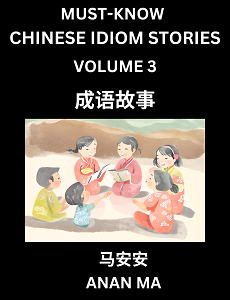
在古代,有一位年轻的文人名叫李墨。他才华横溢,诗文俱佳,但总是被儿女情长所困扰,常常因为儿女之情而忽略了更重要的事务。有一次,李墨被朋友邀请参与一项重要的政治改革,他深知这是一个难得的机会,但恰逢此时,他的女儿生病了。李墨在情感与事业之间犹豫不决,最终选择留在家中照顾女儿,错过了这次改变命运的机会。后来,人们便用“儿女情多,风云气少”来形容他,意指他过于注重家庭情感,而缺乏追求更大事业的决心。
Learn Keywords with English, Simplified Chinese Characters, and Pinyin (关键词)
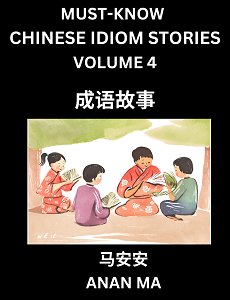
- 李墨: Lǐ Mò (Li Mo, a name)
- 儿女情长: ér nǚ qíng cháng (affection for family and lovers)
- 政治改革: zhèng zhì gǎi gé (political reform)
- 风云气: fēng yún qì (ambition and spirit)
Pinyin of Idiom Story (故事的拼音)
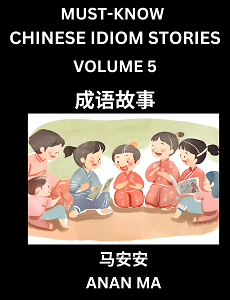
Zài gǔdài, yǒuyī wèi niánqīng de wén rénmíng jiào lǐ mò. Tā cáihuáhéngyì, shī wén jù jiā, dàn zǒng shì bèi érnǚ qíng cháng suǒ kùnrǎo, chángcháng yīnwèi érnǚ zhī qíng ér hūlüèle gèng zhòngyào de shìwù. Yǒu yīcì, lǐ mò bèi péngyǒu yāoqǐng cānyù yī xiàng zhòngyào de zhèngzhì gǎigé, tā shēn zhī zhè shì yīgè nándé de jīhuì, dàn qià féng cǐ shí, tā de nǚ’ér shēngbìngle. Lǐ mò zài qínggǎn yǔ shìyè zhī jiān yóuyù bù jué, zuìzhōng xuǎnzé liú zài jiāzhōng zhàogù nǚ’ér, cuòguòle zhè cì gǎibiàn mìngyùn de jīhuì. Hòulái, rénmen biàn yòng “érnǚ qíng duō, fēngyún qì shǎo” lái xíngróng tā, yì zhǐ tā guòyú zhùzhòng jiātíng qínggǎn, ér quēfá zhuīqiú gèng dà shìyè de juéxīn.

